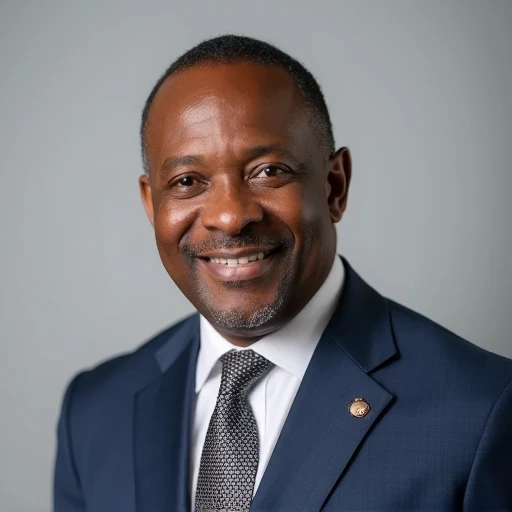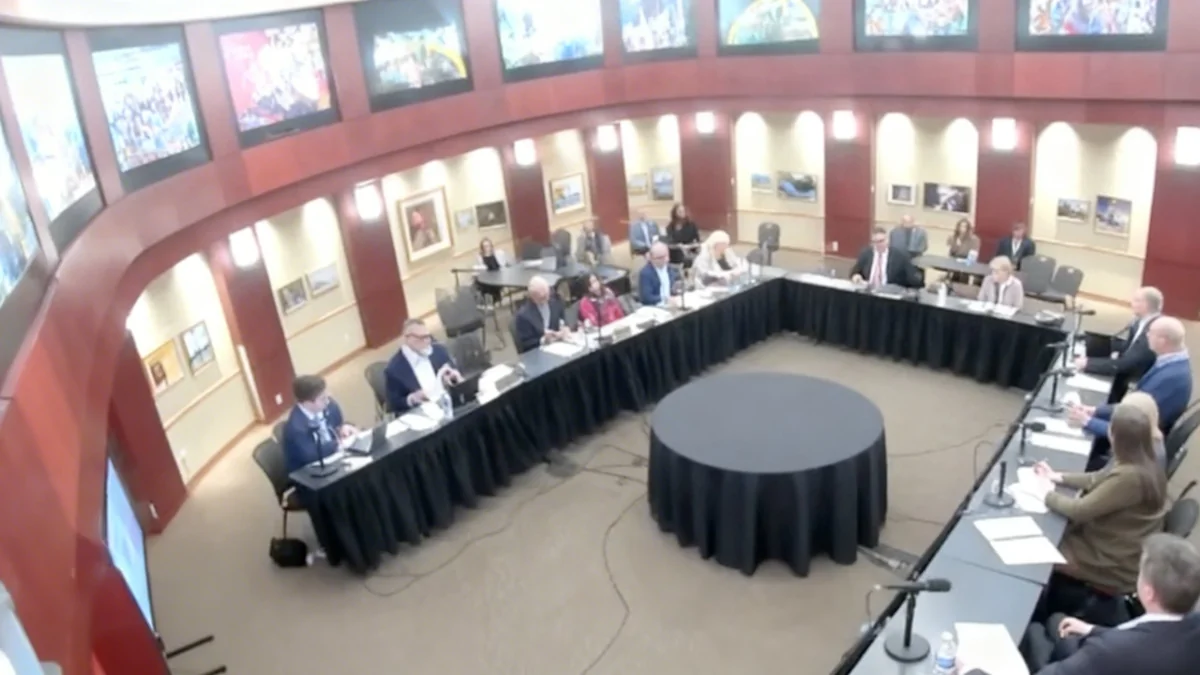The Department of Education has finalized a new regulation that will disqualify employees of certain organizations from the Public Service Loan Forgiveness (PSLF) program. Effective July 1 of next year, the rule targets employers deemed by the administration to have a “substantial illegal purpose,” a move that has drawn sharp criticism and promises of legal action.
The regulation, which stems from a presidential directive issued in March, gives the education secretary the authority to determine an organization's eligibility based on a “preponderance of the evidence.” This change has ignited a debate over executive power and the future of a program designed to support public service workers.
Key Takeaways
- The Department of Education finalized a rule changing eligibility for Public Service Loan Forgiveness (PSLF).
- Employees at organizations found to have a “substantial illegal purpose” will no longer qualify for the program.
- The education secretary will make these determinations based on a “preponderance of the evidence.”
- Critics argue the rule is vague and allows for politically motivated decisions, while supporters say it upholds the program's intent.
- Multiple legal challenges from advocacy groups are expected to be filed against the new regulation.
Defining the New Eligibility Criteria
The new regulation introduces specific criteria for what constitutes a “substantial illegal purpose.” Under the final rule, activities that could lead to an employer's disqualification are broadly defined and include actions such as aiding violations of immigration or civil rights law, supporting terrorism, or providing gender-affirming care.
The administration has stated that the goal is to ensure taxpayer-funded benefits do not go to employees of organizations that act contrary to the public good. Nicholas Kent, the Education Under Secretary, said the Trump Administration is “refocusing the PSLF program to ensure federal benefits go to our nation’s teachers, first responders, and civil servants.”
However, the language has raised concerns among nonprofit and advocacy groups. They argue that the definitions are open to interpretation and could be used to penalize organizations based on their political or social missions.
What is Public Service Loan Forgiveness?
The PSLF program was created to encourage graduates to enter public service careers. It promises to forgive the remaining balance on Direct Loans after a borrower has made 120 qualifying monthly payments while working full-time for a qualifying employer, such as a government agency or a 501(c)(3) nonprofit organization.
Widespread Criticism and Concerns of Overreach
The announcement was met with immediate backlash from student borrower advocates, nonprofit leaders, and Democratic lawmakers. The central criticism is that the rule grants the executive branch excessive power to decide which types of public service are valid.
Representative Bobby Scott, a Virginia Democrat, described the rule as opening “the door for all kinds of mischief.” He expressed concern that eligibility could become dependent on an organization's alignment with the current administration's political agenda.
“If you’re on the Trump side of the partisan political agenda on an issue, you get loan forgiveness. If you’re on the other side of the controversy, you don’t,” Scott explained. “A group promoting civil rights may be in jeopardy.”
The National Council of Nonprofits labeled the rule “unlawful,” stating that federal law clearly defines eligibility for all charitable nonprofits. The organization warned that the Department of Education does not have the authority to unilaterally change these criteria and that the move sets a “troubling precedent” for government overreach.
Impact on Healthcare and Other Sectors
The potential consequences of the new rule extend beyond advocacy groups. A coalition of physicians' organizations has warned that disqualifying hospitals or medical centers from PSLF could have a severe impact on the nation's healthcare system.
They argue that the loan forgiveness program is a critical tool for recruiting doctors into essential but often lower-paying fields like primary care and psychiatry, especially in underserved areas.
A Lifeline for Medical Professionals
According to a statement from several physicians' groups, “PSLF is not just a loan program; it is a lifeline that allows medical graduates to choose primary care or psychiatry careers in high-need areas without being weighed down by insurmountable debt.”
The fear is that if medical professionals can no longer rely on PSLF, it could exacerbate physician shortages and reduce patient access to care. The groups are urging the Department of Education to reconsider the rule's potential impact on the physician workforce.
The department estimates that fewer than 10 employers will be affected annually, but critics say this figure is not based on thorough research and dramatically underestimates the potential scope of the rule's impact.
Legal Challenges on the Horizon
The debate is set to move from the court of public opinion to a court of law. Several legal and advocacy organizations have already announced their intention to sue the administration over the new regulation.
Groups like Democracy Forward and Protect Borrowers have called the policy an “unconstitutional power grab.” Student Defense, another advocacy organization, accused the president of “playing political football with the financial well-being of people who have dedicated their lives to public service.”
The Core Legal Argument
Legal experts suggest the forthcoming lawsuits will focus on two main points: executive overreach and a lack of proper regulatory procedure. Brian Galle, a law professor at the University of California, Berkeley, noted that his and other scholars' calls for an extensive review of the rule's impact were not heeded.
“My first reaction when reading the rule was that we will see them in court,” Galle said, adding that agencies are required to conduct proper statistical analysis, which he believes was not done here. “The Supreme Court in the last eight years has really been at pains to say that Congress doesn’t give agencies … the authority to be way outside their lane.”
The plaintiffs will likely argue that Congress created the PSLF program with clear eligibility standards and that the Department of Education does not have the authority to rewrite them. The central question for the courts will be whether the administration's actions represent a legitimate interpretation of its authority or an unlawful intrusion into legislative power.
As the July 1 implementation date approaches, the future of the PSLF program and the financial security of countless public servants hang in the balance, pending the outcome of these expected legal battles.





